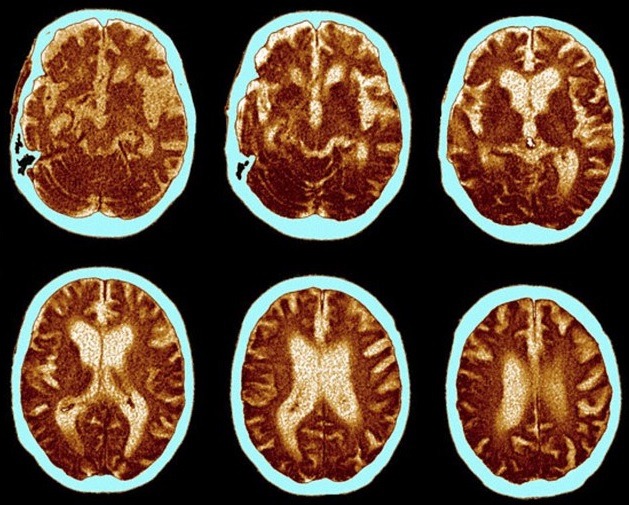It is estimated that between 100,000 and 200,000 individuals suffer from Alzheimer's disease in Belgium. Although there is no cure for this disease, certain factors may obstruct its development. This is, in particular, the case with social ties, two specialists explained during World Alzheimers' Day today (Wednesday).
Alzheimer's disease leads to memory deterioration, loss of other intellectual abilities and, progressively, to loss of autonomy. There is no scientific consensus as to the causes of the disease, involving abnormal brain proteins.
There are not yet treatments to cure or efficiently alter the development of the main type of dementia, although “great strides in their development have been made,” states Professor Maquet, Head of Neurology at Liège University Hospital.
Moreover, Belgium is on the point of ground-breaking research, since treatments are currently being tested on patients, he adds.
The World Health Organisation states that at the current time, prevention is the best weapon against this disease, which affects 47.5 million individuals throughout the world.
Moreover, the use of prevention for cardiovascular diseases, conducted for around twenty years now, seems to be bearing fruit in western countries.
Jean-Christophe Bier, the Deputy Head Clinician at the Erasmus Hospital, indeed reports that although the ageing population has instigated the trend of making the illness a genuine epidemic, “the trend in developed countries is towards a decrease in its acceleration.”
However, there are other forms of prevention, which are within everyone's grasp. “The illness's development depends upon the brain construction,” the Erasmus neurologist explains.
The greater the number of neuronal connections, the better an individual's resistance to the illness.
Those who have undertaken university studies are less predisposed to developing any form of Alzheimer's, as are those who love reading.
However, Professor Maquet stresses, “There is no better creator of synapses than social contacts.”
A life lived in society and interacting with others indeed requires a lot of calculation and anticipation by the brain.
Being involved in an association or a member of a sports team are equally obstacles to the development of this neurodegenerative condition.
Once diagnosed, the need “to stay living at home as long as possible is an important element to slow symptom development.”
Professor Maquet insists, “There is nothing worse for an older person than to lose his marbles.”
To facilitate lay and profesional understanding in this field, Erasmus and the University Hospital of Liège are organising training sessions for close companions and carers.
The Brussels Times

